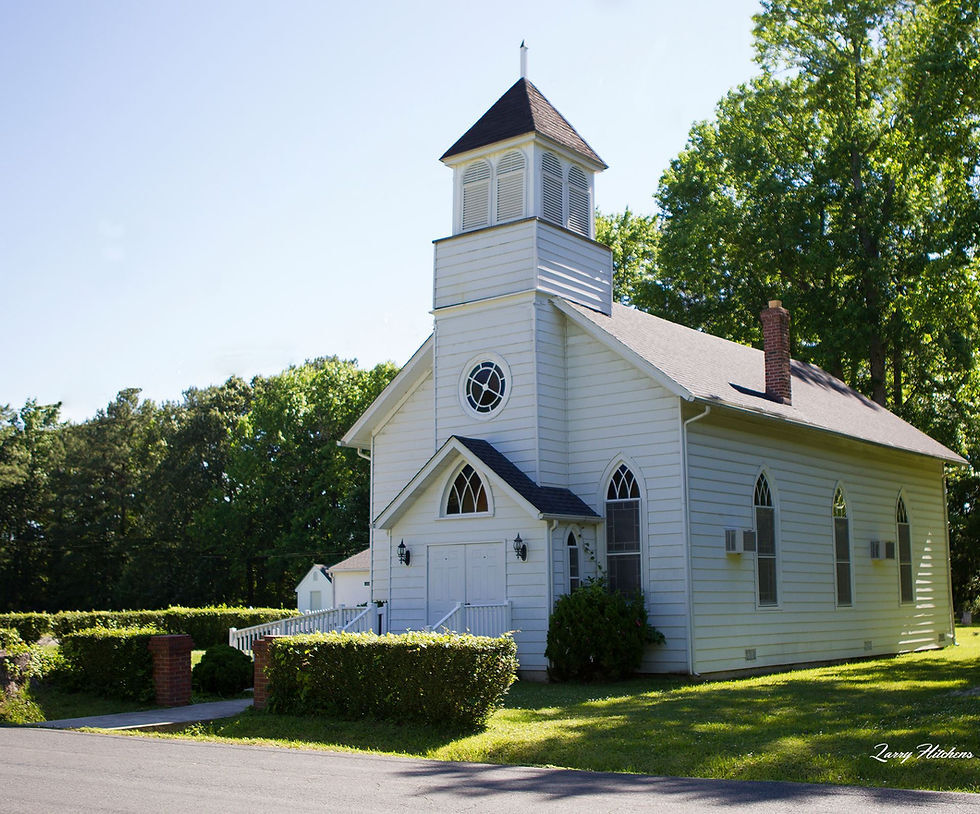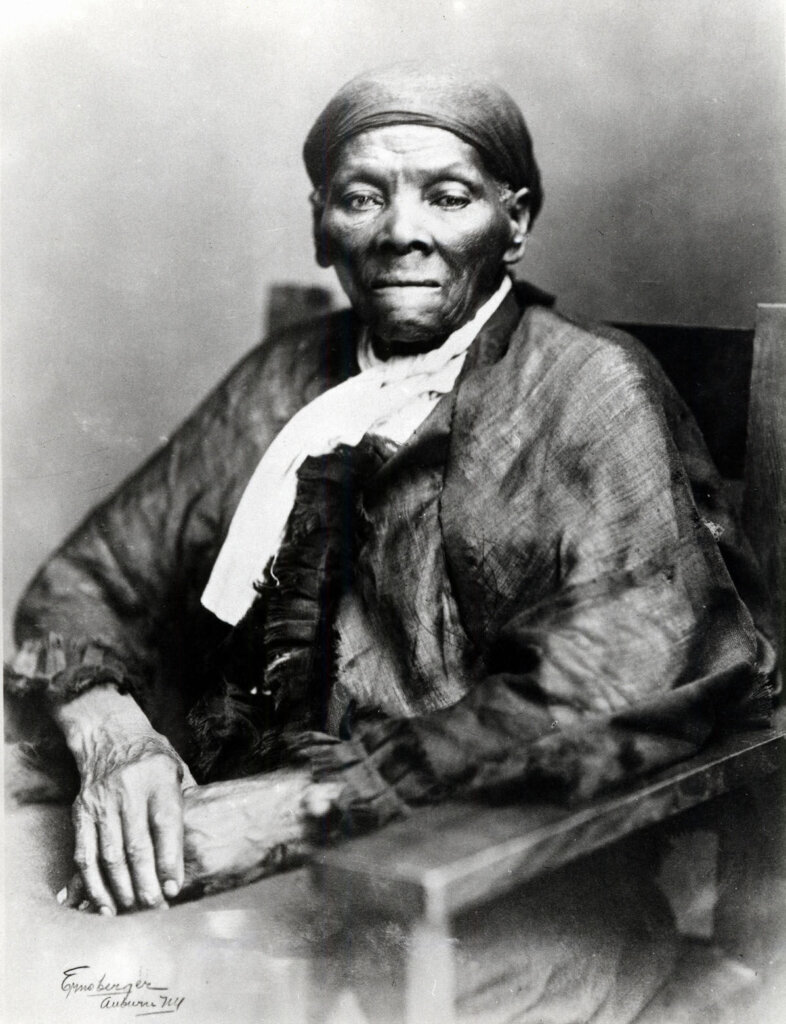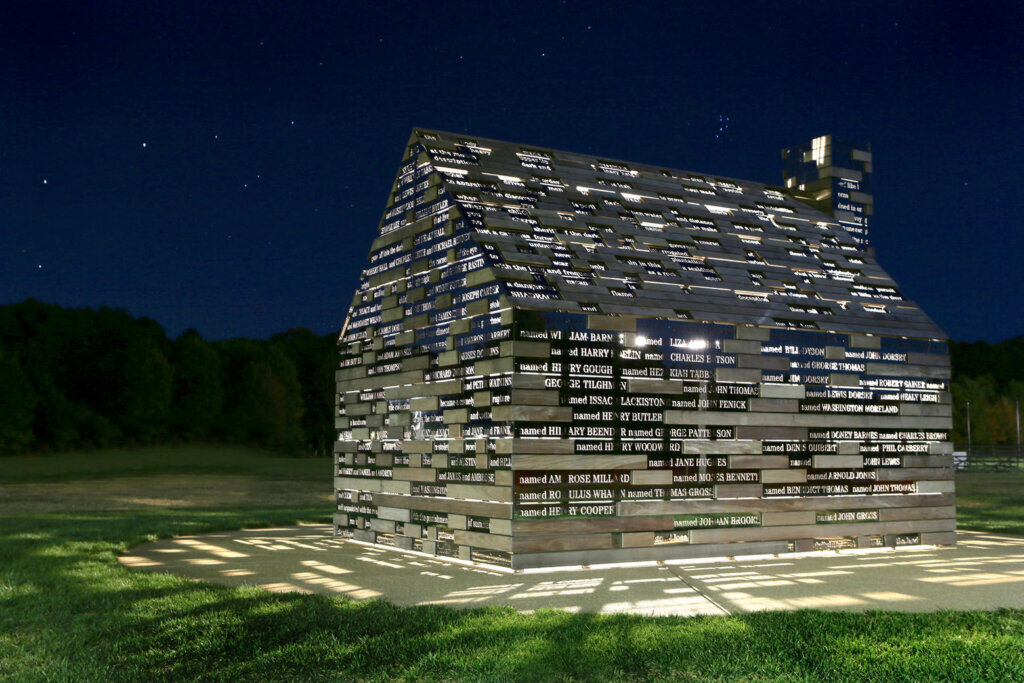The National Park Service has added 16 historical sites to its National Underground Railroad Network to Freedom listing, including three locations in Maryland.
The new sites were announced Tuesday and join 700 other locations across 39 states, the Virgin Islands and D.C.
The Underground Railroad Network to Freedom highlights historic routes and locations in the U.S. where escaped slaves sought refuge and support in their journey to find freedom in non-slave states and Canada.

The announcement aligns with the yearlong celebration of the 200th birthday of Harriet Tubman, a former slave who became an abolitionist, political activist and key organizer of the Underground Railroad, before and during the Civil War.

“Like Harriet Tubman, the freedom seekers and allies highlighted in each Network to Freedom listing remind us of what can be accomplished when people take action against injustice,” said Diane Miller, national program manager of the Network to Freedom. “Each listing holds a unique part of the Underground Railroad story, and we look forward to working with members to amplify the power of these places.”
The new sites in Maryland are:
Port Tobacco Jail Sites — Port Tobacco, Charles County, Md.
Port Tobacco is the location where two African Americans were incarcerated and tried for aiding in the escape of more than 30 armed freedom seekers out of Southern Maryland in 1845.
St. Stephens A.M.E. Church Cemetery — Unionville, Talbot County, Md.
The town of Unionville was founded by Quakers and settled by ex-slaves and free Blacks, many of whom fought for the Union Army during the Civil War. In the cemetery are 18 Black soldiers who were part of that effort.
Mackall Plantation — St. Mary’s College, St. Mary’s County, Md.
Mackall Plantation, now part of St. Mary’s College of Maryland, was the site where 19 enslaved men, women and children freed themselves by joining the British fleet during the War of 1812. Several men joined the newly founded Corps of Colonial Marines. Once the war ended, all 19 freedom seekers settled in Trinidad and Nova Scotia.

You can learn more about Underground Railroad sites in Maryland online.
See a complete listing of the 16 new sites added to the National Underground Railroad Network to Freedom at the National Park Service website.








